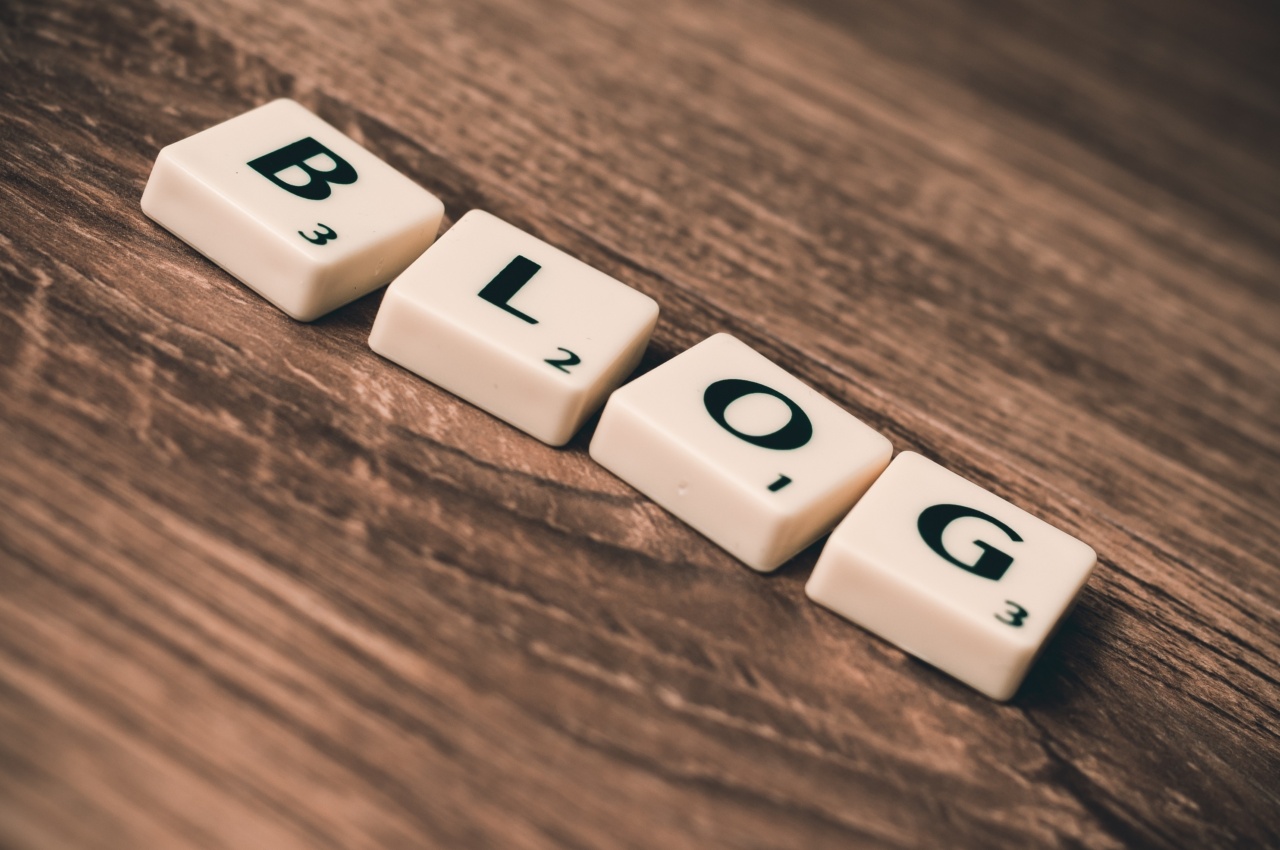Social media has become a ubiquitous part of modern life, often used for communication, entertainment, information gathering, and more.
As the use of social media continues to grow, researchers have begun to examine the psychological effects it has on individuals and society as a whole. This article will explore the various ways that social media usage can impact mental health, social interactions, and self-esteem.
Mental Health
One of the most well-documented effects of social media on mental health is its association with higher levels of depression, anxiety, and other psychiatric disorders.
Studies have shown that excessive social media usage can lead to negative thoughts, increased stress levels, and reduced well-being. Research has also found a correlation between the use of social media and decreased sleep quality, which can further exacerbate mental health issues.
One reason for these negative effects may be related to the tendency for social media to foster comparison and competition.
Social media profiles are often curated to show only the best aspects of an individual’s life, leading others to feel inadequate or like they are missing out. Additionally, the constant barrage of information and notifications can be overwhelming and stressful, leading to a sense of increased pressure and anxiety.
This can be particularly problematic for vulnerable individuals, such as those with a history of mental health issues.
Social Interactions
While social media is often used as a tool to connect with friends and family, it can also have negative consequences for social interactions.
Studies have found that excessive social media use can lead to decreased face-to-face communication, which may impact the development of social skills and emotional intelligence. This can be particularly problematic for younger individuals who are still developing these skills.
Additionally, social media can contribute to the spread of misinformation and polarizing viewpoints, leading to a breakdown in civil discourse and increased conflict.
The anonymity and distance provided by social media can also lead to bullying and harassment, which can have serious negative effects on mental health and overall well-being.
Self-Esteem
Social media has also been linked to negative effects on self-esteem and body image. The constant exposure to curated images of other people’s lives and bodies can lead to feelings of inadequacy and low self-worth.
Research has found that heavy social media users are more likely to experience negative body image and disordered eating behaviors, particularly among young women.
Additionally, social media can lead to a preoccupation with likes and followers, which can impact self-esteem.
Studies have found that individuals who place a high value on social media metrics are more likely to experience negative emotional effects when they do not receive the desired amount of engagement.
Conclusion
While social media can provide many benefits, such as increased connection and accessibility to information, it can also have negative effects on mental health, social interactions, and self-esteem.
It is important for individuals to be mindful of their social media use and take steps to ensure that it is not negatively impacting their well-being. This can include setting limits on social media usage, taking breaks, and seeking support from mental health professionals if needed.































